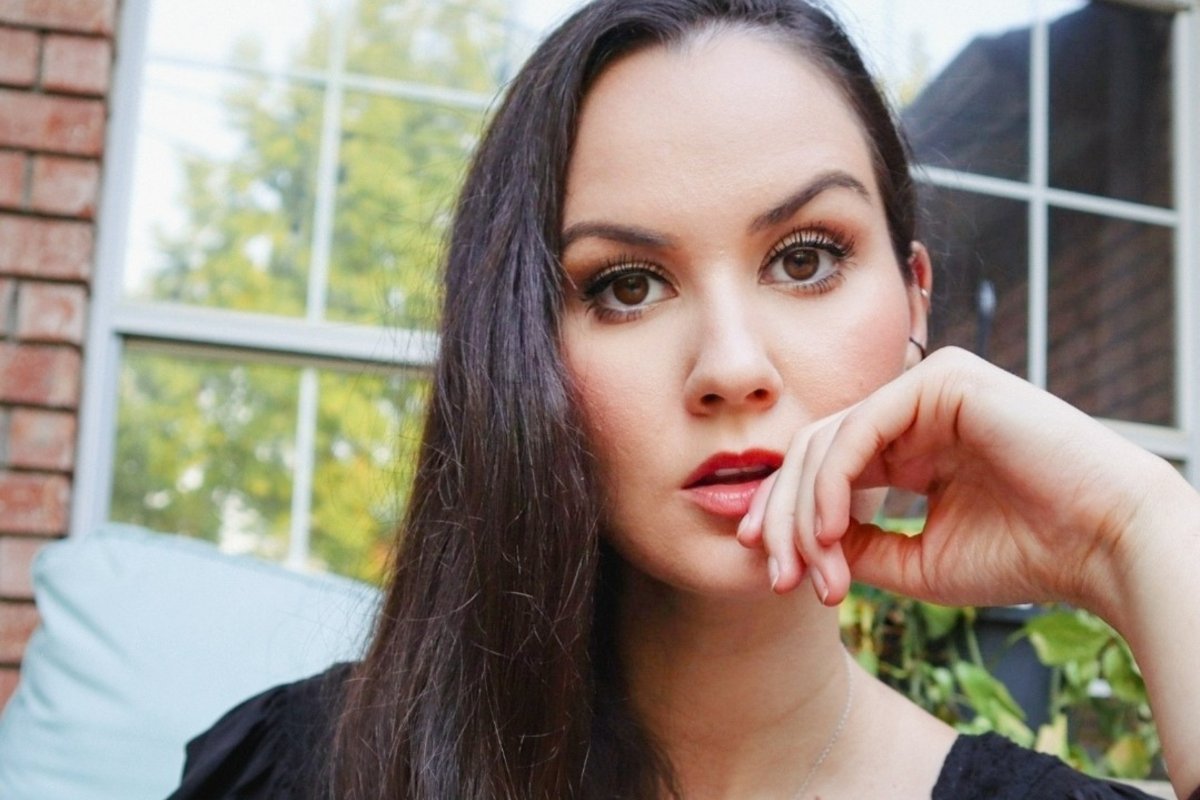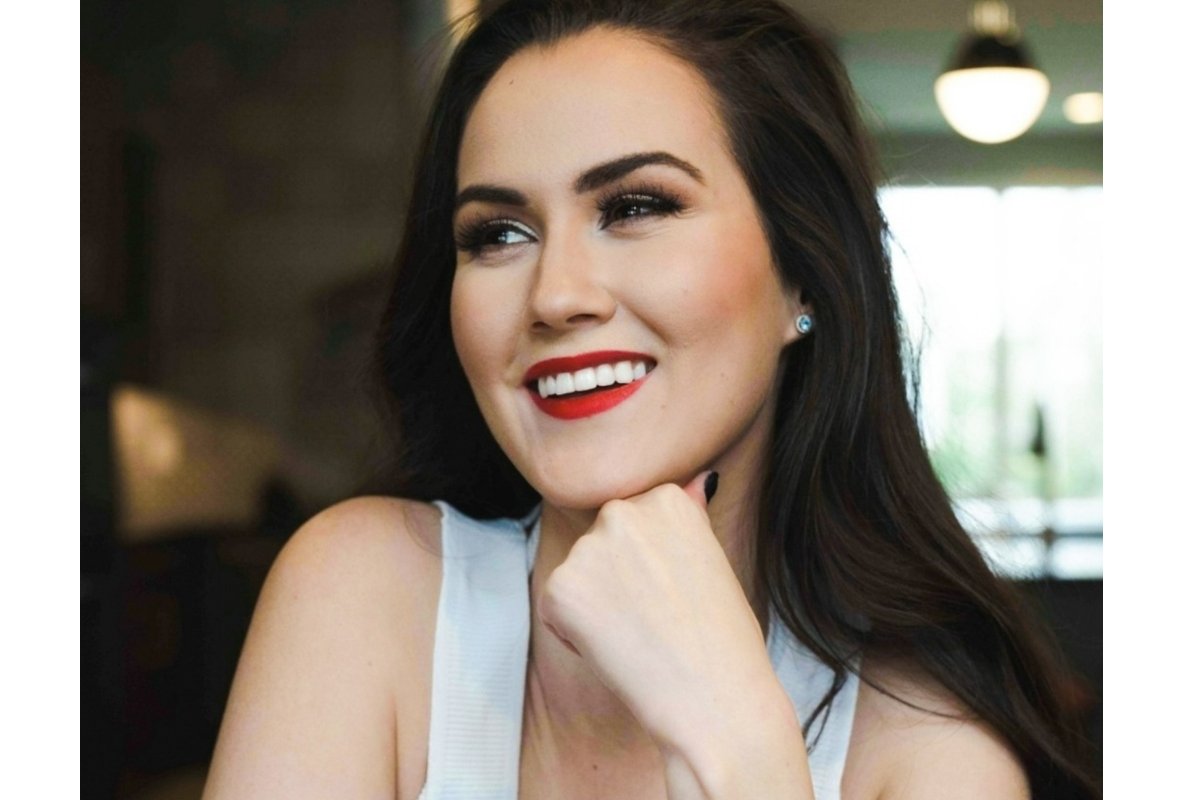For three and a half hours on October 10, American Airlines seat 32B was my own personal hell. But, truth be told, I never could have guessed just how much discussion my experience being sandwiched between two huge people would cause.
I boarded my flight from New York to Dallas on a cool Monday evening, moving patiently down the aisle towards the back of the plane. I saw where I'd be sitting. Immediate panic.
At the window was seated an extremely overweight woman. At the aisle, an extremely overweight man. And I, with the unfortunate middle seat, was destined to be wedged between them for the entire flight.
I spent hours contorting my body to fit into an already narrow space made narrower by my obese row-mates. Touched without my consent, my shoulders were forced forward, my legs pressed unnaturally together. My personal space was so limited that I could not move my arms, lower my armrests, or tray table. For any kind of reprieve, my only option was to lean forwards towards the seat in front of me, which was reclined, making my only space even smaller. Twisted this way for hours, my back ached, my hip—on which I had surgery some years ago—throbbed and my distress was palpable.

I am under no illusions that flying is always an enjoyable experience. Regardless of seat selection, there is always the risk of being beside a fellow passenger who can make the hours spent together complete misery. Most of the time, the discomfort isn't enough to warrant complaint.
But, this time it was. Besides a few pitying looks from the flight crew and other passengers, there was little that could be done to ameliorate the situation. My flight was full. There was nowhere to go. But my rage really ignited when I asked my aisle-side row-mate if he'd like to swap seats, after all, the woman to my left was his sister? He declined.
Terrific.
Finding my situation intolerable, I did what any good millennial would do: I took to Twitter.
Some might argue it was my civic duty to rage-tweet this deeply unpleasant experience, and its play-by-play. And I did—down to the comments of one especially kind flight attendant who asked me repeatedly if I needed anything.
I am currently - literally - WEDGED between two OBESE people on my flight.
— Dr. Sydney Watson (@SydneyLWatson) October 10, 2022
This is absolutely NOT acceptable or okay. If fat people want to be fat, fine. But it is something else entirely when I'm stuck between you, with your arm rolls on my body, for 3 hours. pic.twitter.com/9uIqcpJO8I
I had no idea at the time that my posts would spark a wildfire of discussion and debate, let alone international headlines. Soon enough, attacks were hurled my way. Yet all I was doing was making observations about obesity and flying, and asking: how fat is too fat to be on an airplane?
I was told I was "fat-shaming" those people who had imprisoned me in their flesh-walls. I was called a bigot, prejudiced, and slapped with every insult and label imaginable.
I doubled down. Some argued I don't know the specific medical history of my fellow passengers, and they're right. I don't. But it changes nothing for me. And it certainly doesn't change how the situation unfolded. I was, and continue to be, unapologetic for my stance.
The truth is that the modern obesity epidemic has culminated in a denial of reality—that obesity is somehow a normal state of being. It is classified as a disease. We hide from pointy truths that might hurt our feelings, preferring to justify our bad lifestyle choices with catchy slogans like "health at every size." Yet a number of recent large scale studies, surveying vast swathes of the population, have shown that obese people considered metabolically healthy are at much greater risk of heart failure and coronary heart disease.
So, this denial is something in which I won't participate, no matter how uncomfortable or angry that makes others. And despite the fall-out from my comments, I was happy the conversation was being forced into the open. Rather than finding myself concerned with the vitriol directed my way, I was heartened by the countless stories of weight loss and self-betterment I was receiving in support.
However, what was disheartening, to say the least, was the response from American Airlines themselves. They initially tweeted at me, saying that their passengers come in all shapes and sizes. Later, they offered me a $150 flight credit as a "gesture of goodwill" after I reached out to customer service.
While I made several jokes about reparations—this was my Australian humor, which seemed to be lost on the masses—for me, this has never been about money. To be offered $150 to essentially be quiet and go away is grossly insulting. And still, the primary issue still persists: American Airlines doesn't attempt to enforce its own policies regarding obesity on its planes.

Their own rules include trying to find an additional seat for people who are too big for a single one. If there are no additional seats available, then their policy suggests that the passenger may be asked to purchase an additional seat on a different flight, or pay for a higher class seat with more room.
My flight was full. And despite this policy, I was still sandwiched for the entirety of my three and a half hour journey.
Worse yet is that none of the responses I've received from the airline address how much of a hazard this is to other passengers. Besides the obvious discomfort experienced by everyone involved, customers are forced to physically accommodate their larger counterparts, not to mention the questions that arise around how emergency situations would be navigated.
The company went on record essentially saying that being fat on an airplane is actually no big deal. And herein lies the problem.
Obesity has long been normalized in Western countries, pushed forward by the body positivity and fat acceptance movements. To me, what started as a shift away from waif-thin bodies in the direction of self-love and normal physiques, which I agree with, has morphed into the acceptance of rampant obesity.
There now exists the idea that being fat isn't a choice, excepting the small number of people with specific medical conditions. That there isn't a solution for it. Worse, that being extremely overweight isn't even a bad thing. Yet the CDC has identified that being seriously overweight puts people at risk of the likes of type 2 diabetes, high blood pressure, high cholesterol, cancer, strokes and mental health issues. In 2019 alone, medical costs related to obesity were $173 billion in the U.S.
But rather than wondering how or why we have gotten to the point where so many people are so shockingly obese that a single individual can take up space intended for two people, you are called a bigot for noticing it. The fit are losing ground—literally and metaphorically—to the unhealthy.
My recent flying experience was not an isolated one. Thousands of people the world over can speak to the colonization of their space by rolls of sweaty skin. I read countless replies from other distressed passengers, many of whom shared their own experiences in situations just like mine. Some people who identified themselves as overweight even noted the measures they take to avoid putting other travelers in an uncomfortable position (something, by the way, I wholly respect). Many people—regardless of their body size—share and understand my sentiments entirely.
As society gets fatter and airplane seats get smaller, we find ourselves at an awkward impasse: do we continue to normalize obesity, expecting other passengers to accept uncomfortable, personal-space invading travel, rife with non-consensual touch for the sake of kindness? Or, do airlines pluck up the courage to enforce their own policies?
I know which of these I'd prefer.
Despite the hatred I was subjected to for talking about my experiences, I have no intention of backing down and changing my mind to appease people who abusively troll me on social media in the name of fat acceptance. Pointing out obesity as unhealthy isn't bigotry, it is reality. And for me, the expectation that my personal space wouldn't be violated during a flight isn't "fatphobia", it is common sense.
Sydney Watson is a writer, journalist and Australian-American political commentator. You can follow her on Twitter @SydneyLWatson
All views expressed in this article are the author's own.
Correction 03/01/03 15:07 ET: This article has been updated to reflect that Sydney Watson does not hold a PhD.
Uncommon Knowledge
Newsweek is committed to challenging conventional wisdom and finding connections in the search for common ground.
Newsweek is committed to challenging conventional wisdom and finding connections in the search for common ground.
About the writer
To read how Newsweek uses AI as a newsroom tool, Click here.








